
Okay, so technically she’s one of us, gun-toting, flannel wearing veterans – but you get what I mean.

Non-infantry veterans don’t have to worry about mental health issues.
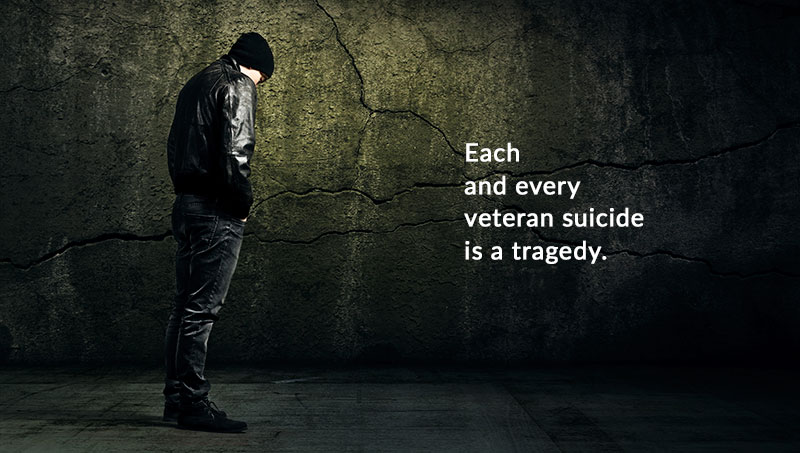
Now it’s time for one of the heavier subjects to tackle: veteran suicide. While the VA mounted a PR campaign aimed at dispelling the dreaded twenty-two suicides a day statistic regarding America’s veterans, the real number isn’t much better. It’s more like 20-21 veterans choose to end their own lives per day – a number we can’t seem to curb despite many government organizations and nonprofits alike, working to try educate and assist veterans when they need it most. In the minds of most, these veteran suicides are tied directly to the horrors of combat – with American war fighters suffering from the unshakeable memory of taking lives, or seeing others lose their own. The reality, however, is quite a bit different.
The truth of the matter is, repeated scientific studies haven’t been able to identify a link between the veteran suicide rate and deployments, with vets that never saw overseas service killing themselves at nearly the exact same rate as their foreign service counterparts. The real reason active duty personnel and veterans kill themselves is likely tied to the stresses of the profession, rather than images of combat. While there is certainly no discounting PTSD caused by direct fire engagements, veterans that never left the supply warehouse are killing themselves at the same exorbitantly high rates as those kicking in doors – and their struggles with mental health are no less dramatic, or important.
Today’s veterans are welcome in America.
Now, before you start typing away in the comment section about how much better modern veterans have it than guys like my father, who changed out of his uniform as quickly as he could upon returning from Vietnam to avoid the angry stares of protesters, you’re right; public support for the veteran community is more commonplace than ever before, and unlike vets of generations past, I still get thanked for my service from time to time, despite hanging up my uniforms just about four years ago now.
The veteran community has become a hot-button political topic, with politicians having to voice their support for those who served or face sudden and unforgiving reprisal from veterans and social justice groups alike. Just as you aren’t allowed to say you don’t care about Kaitlin Jenner’s transition into womanhood, you aren’t allowed to say you don’t care about veterans either – which doesn’t actually make anyone care, it just keeps those who don’t from voicing it.
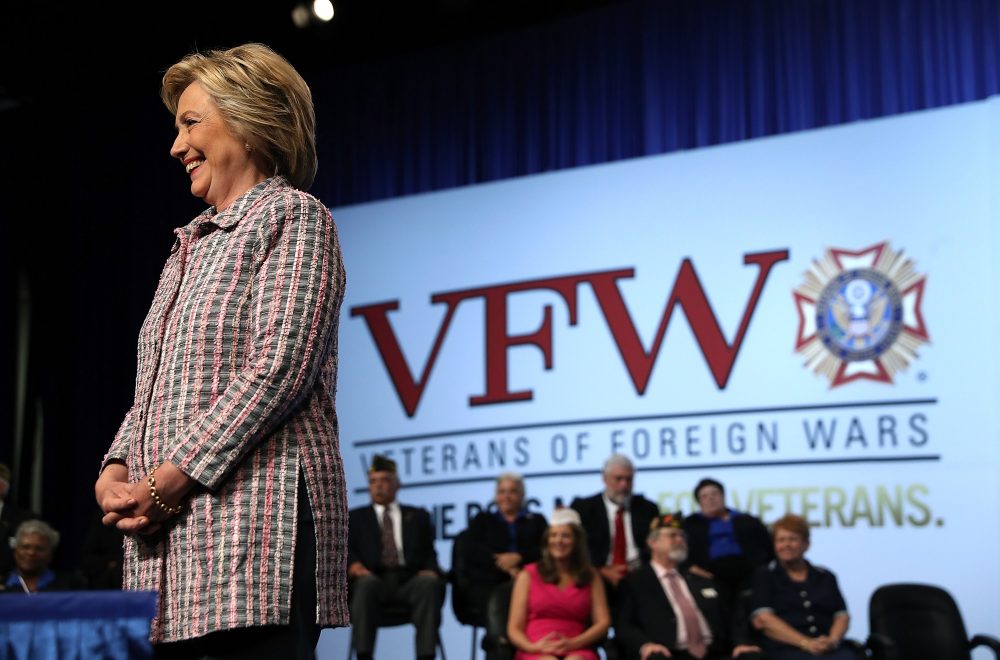
Caring about veterans is hard – you have to know which politicians actually support veteran-friendly initiatives and show up for elections other than just the presidential ones. It means fighting to see the training veterans undergo in service as qualification for jobs in the private sector, not discounting a candidate because they spent four years in Kabul instead of at the University of Kansas, or being thoughtful about what you ask about a veteran’s service in social circumstances.
I was once called a “baby killer” by a guy at a bar in Worcester, Massachusetts. Instead of breaking the guy’s jaw like I probably should have, I dropped a twenty on the bar for the drinks my wife and I finished and decided to head home early. As I walked past him, the guy’s friend tried to get my attention, and I told him to “stay in his chair and we’ll be fine.” His friend didn’t listen however, and followed me outside trying to explain away his friend’s rude comment.
“He supports the military man, he’s just drunk! Look! He’s got a yellow ribbon on his truck and everything!”
Our culture, ripe with yellow ribbons and political statements about veteran’s sacrifice, is the same one that saw Vietnam vets returning as damaged goods. It’s a polite prejudice now, one that often manifests as pity or concern, but is no less negative. The only way to combat negative perceptions of veterans, however, is to acknowledge how different we all are.
I was once told by my command sergeant major that I looked and carried myself like a Marine recruiting poster – and today, it could be argued that I look and carry myself like a veteran one – but for all of the stereotypical criteria I meet, I’m still not the veteran society envisions when they think of those who served. I may be a shooter, a fighter, and a big guy with a drab green cap on… but I’m also a Harry Potter fan, a lover of Charles Bukowski’s poetry, an uncle that takes countless pictures of my nephew because I’m certain that there’s never been a cuter kid on the planet. So if a poster-boy veteran skews so dramatically from the myths, just imagine how different the rest of us are.
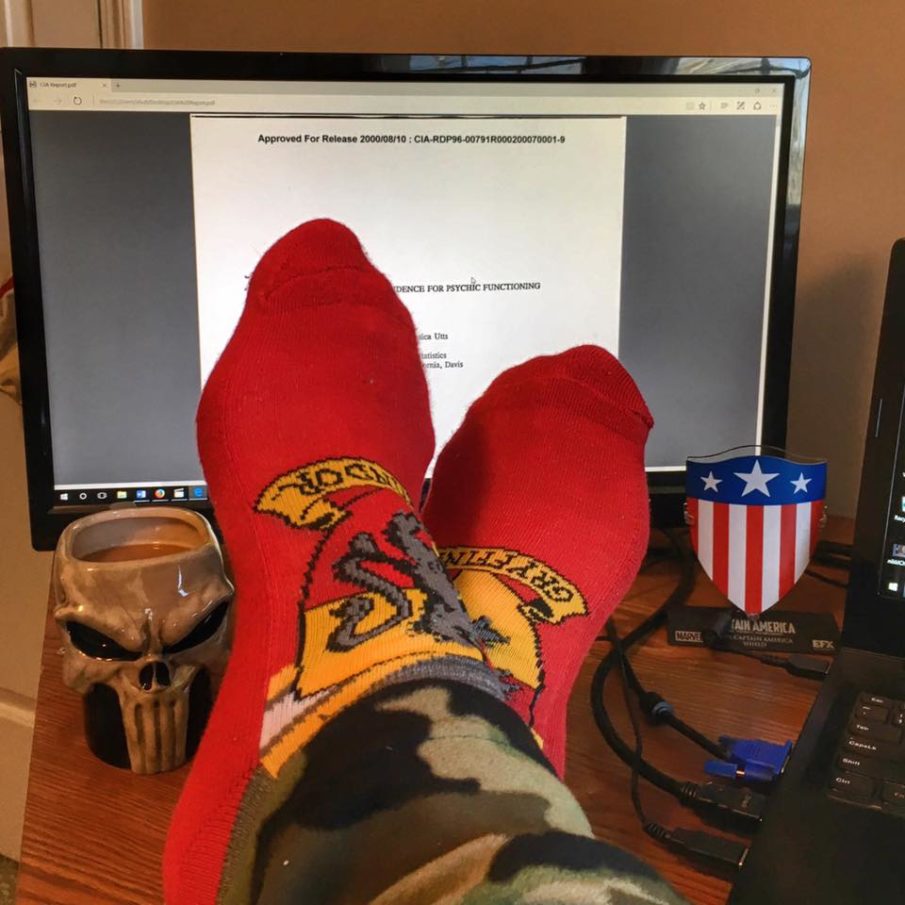
Veterans like my friend up there, Selena, who works as a personal trainer and came to American as a refugee, or my best buddy German, who works in Regulation Compliance, or my old friend Jeff that retired from the Marine Corps and became a cartoonist – these people don’t all fit the veteran mold, but that’s because the mold doesn’t really exist.
The modern veteran is a construct of perception, and whether yours is positive or negative regarding military personnel, you’ll likely view each of them in a slightly different way once you imagine them digging a fighting hole. We can’t change that, but we can work past it, because each of us are working hard to be more than that term I love so much; we’re building lives, careers, and families. We’re veterans, but we’re brothers, mothers, accountants, and writers.
We are each veterans, but we’re really just people – and people are inherently different.
Feature and additional images courtesy of Getty Images

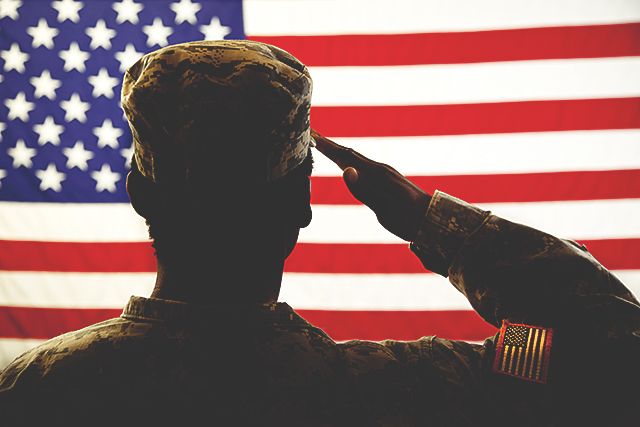
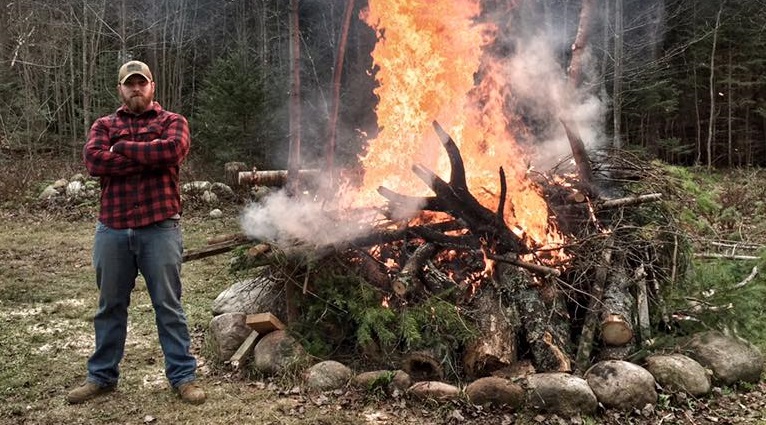








COMMENTS